I have text I'm trying to extract from LogicalID and SupplyChain from
<LogicalID>SupplyChain</Logical>
At first I used the following regex:
.*([A-Za-z]+)>([A-Za-z]+)<.*
This matched as follows:
["D", "SupplyChain"]
In a fit of desperation, I tried using the asterisk instead of the plus:
.*([A-Za-z]*)>([A-Za-z]+)<.*
This matched perfectly.
The documentation says * matches zero or more times and + matches one or more times. Why is * greedier than +?
EDIT: It's been pointed out to me that this isn't the case below. The order of operations explains why the first match group is actually null.

